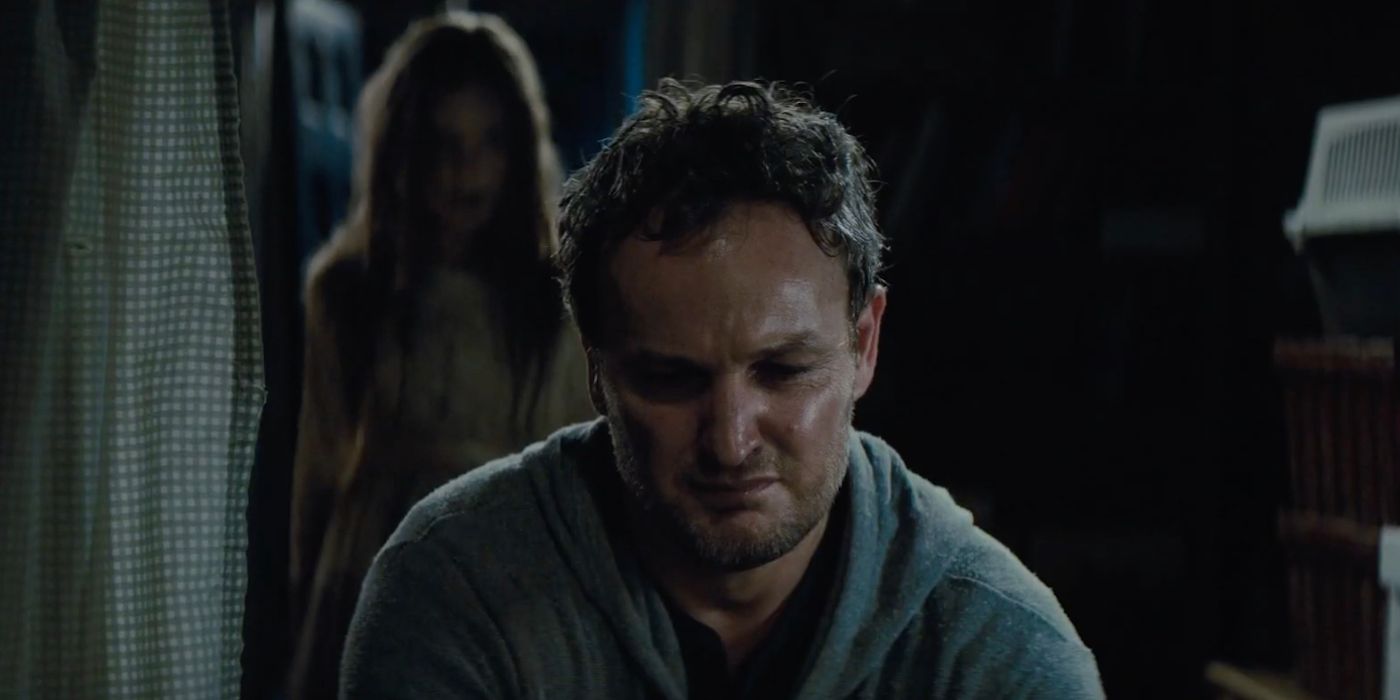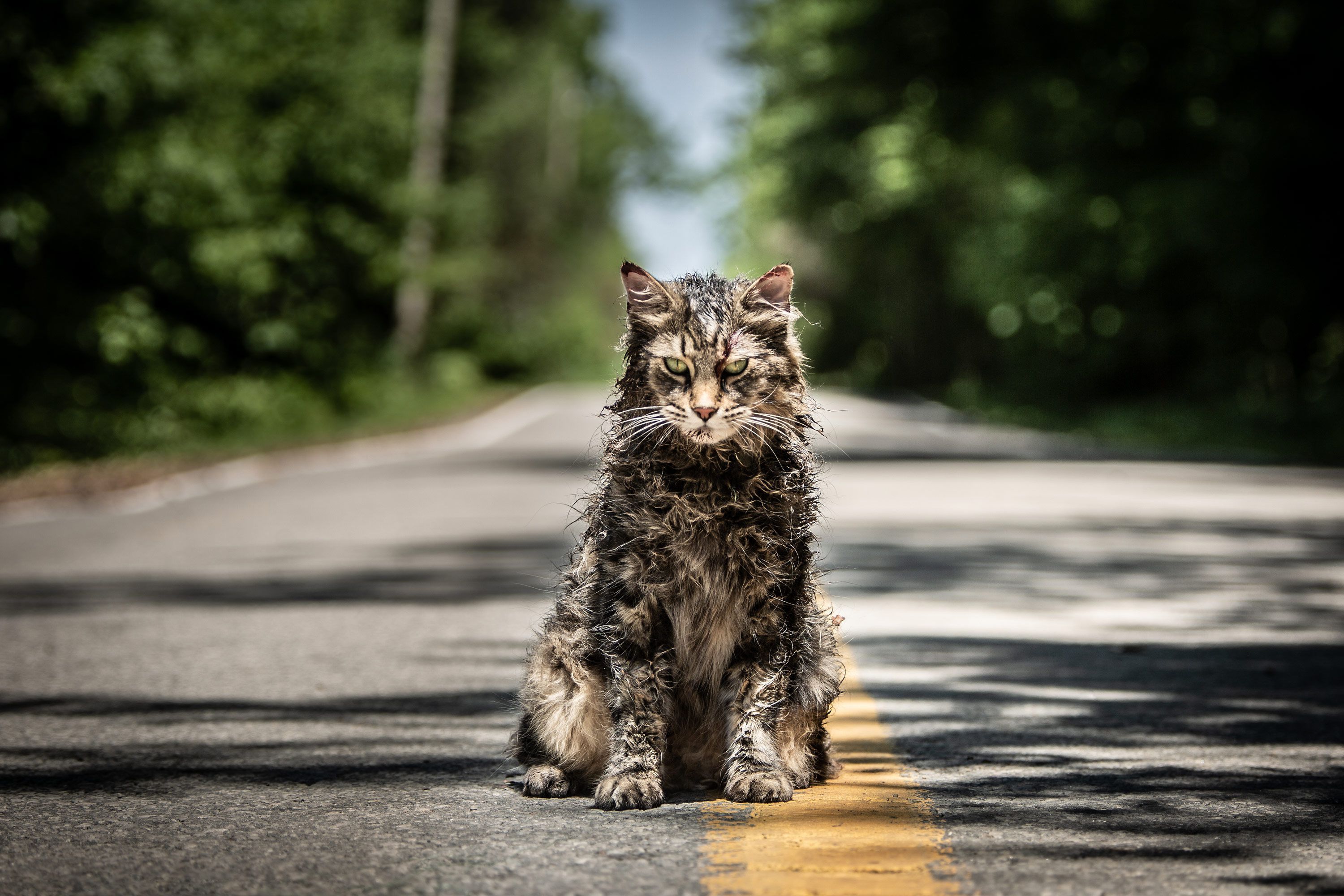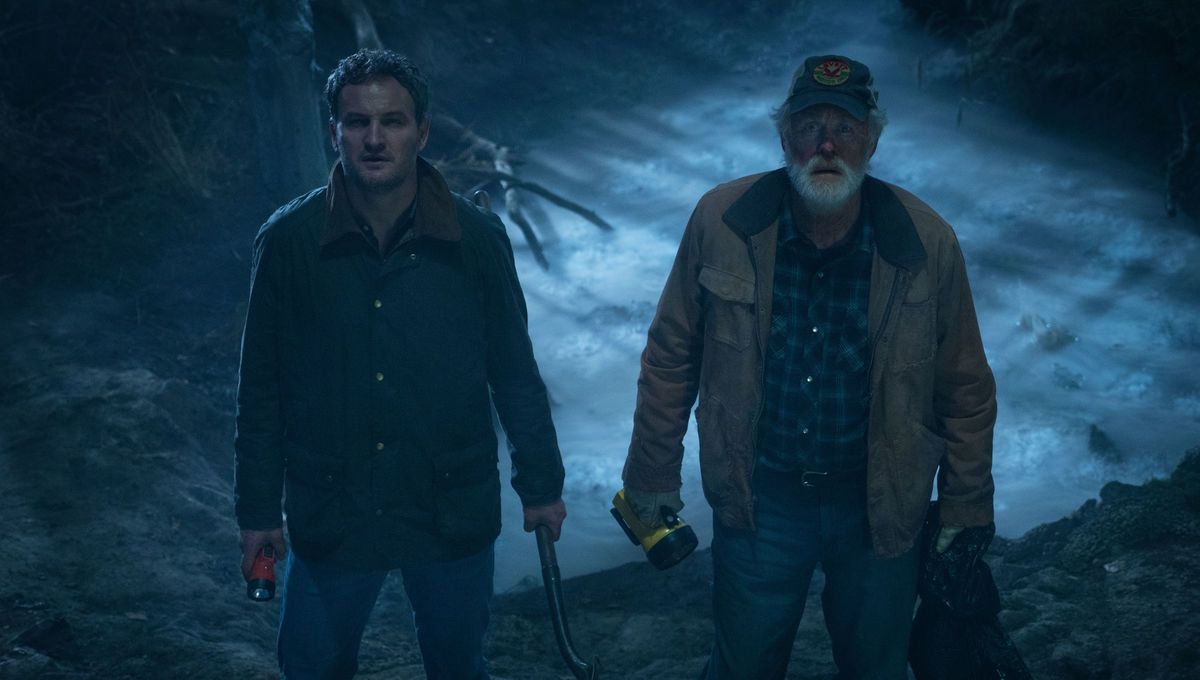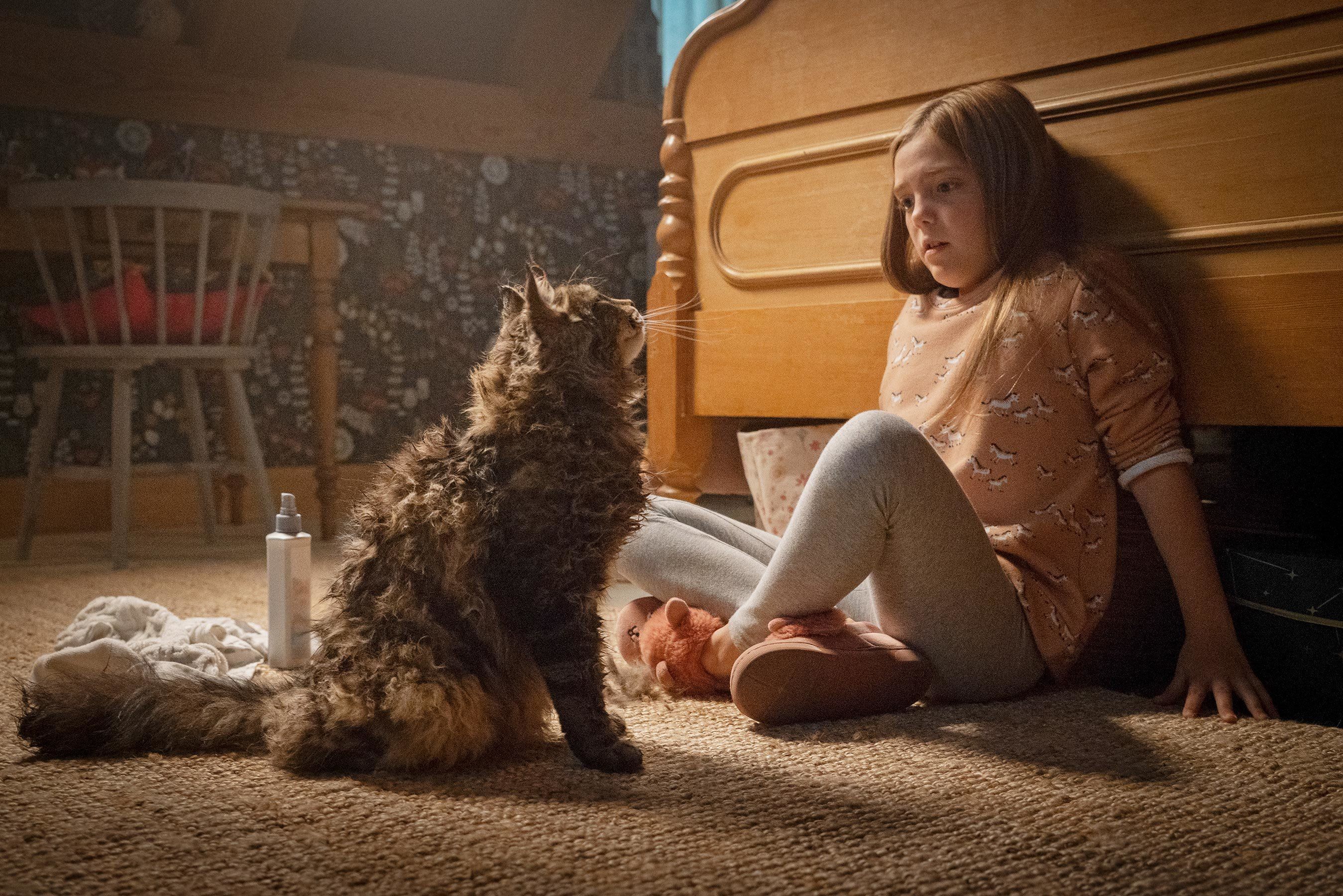WARNING: The following contains spoilers for Pet Sematary, currently playing in theaters.
Stephen King has discussed how his Pet Sematary novel is the story of his that scares him the most. It's a constantly dark and despondent tale that takes on grief and showcases the horrors it can bring in ill-advised attempts to fix it.
But the new film also mines the events of the novel to really explore grief and the way traumatic events have an effect on families for generations. Grief can give way to guilt, and when that is allowed to fester it can destroy everything you care about. For a story that heavily features an undead demonic cat, it's a genuinely introspective and tragic film.
Zelda And Rachel
In all three versions of Pet Sematary, Rachel is the most effected by the concept of death. Admitting that she lost her sister in her childhood, Rachel recounts to her husband Louis how she'd been forced to help take care of her. In the original film version of the story, Rachel openly admits that she hated her sister and wished she would die. But in the new take on the material, Rachel's worries about her sister are played with much more subtlety.
She doesn't scream in her head about how much she hates Zelda, she's just terrified of her and furious with herself for her fear. In fact, that palpable fear eventually leads Rachel to trying to use a faulty dumbwaiter to feed Zelda, inadvertently leading to her accidental death.
Whereas the other versions of Rachel are affected by the events, only the new take on the character seems genuinely traumatized by the act. Her fears are never resolved and play a role later in life, in both her attitude towards telling her daughter about death and her own visions of her corpse-like sister returning to haunt her. Even her hatred for her sister is treated more as a consistent and pained secret that the resurrected Ellie tortures her with.
The new film explores her trauma more than just the effect is has on her family, giving audiences a better look at a woman who isn't just haunted by memories, but her own mind trying to process what happened to someone she loved but grew to resent -- and the guilt that plays at the core of that.
Becoming Something Else
The original novel and both films center around loss and how desperate we become in those moments. While the previous film exploited the death of a young child and the feeling of hopelessness that comes with it, the new version instead refocuses on the death of the older child. When it's Gage who dies, it's a pure tragedy to lose someone so innocent. But it's almost more destructive to have the older and more developed Ellie die.
Her loss shakes everyone more than Gage's did in the earlier versions of the stories, but her established interests and personalities make her a harder presence to lose. This is best visualized the morning after Louis brings her back to the land of the living.
Louis heads downstairs to find his daughter dancing the ballet routine she performed in life. But where she used to be clumsy but cute, she's become deliberately destructive. She smashes things and snarls at her father, who switches from touched to furious. This attempt to bring back his sweet daughter has been replaced by something far worse, and he clearly knows it.
Louis' guilt and grief lead him to try something desperate, and now his only way to bring back his daughter has led to something even worse, a mockery of what he loved in the first place. It's a heartbreaking turn for the plot to make, transforming the desperate father from willfully ignorant to a pure, heartbroken fury.
In other versions of the story, Louis still tries to put Gage down with a painless syringe, somber and beaten. The new version features Louis screaming and about to behead his former daughter with a shovel when he's killed from behind. The film is less enamored with the overall creepiness of the story and more centered on the disheartening tragedy of these grief-stricken people.
The overwhelming feeling one gets from watching Pet Sematary is a strong sense moroseness. While there are plenty of creepy aspects that make the film unsettling, like the misty environment and screeching birds, the majority of the film is more depressing then anything else in a purposeful and introspective way.
Directed by Kevin Kölsch and Dennis Widmyer, Pet Sematary stars Jason Clarke, Amy Seimetz, Jeté Laurence, Hugo and Lucas Lavoie, and John Lithgow. The adaptation of the Stephen King novel is now open nationwide.




